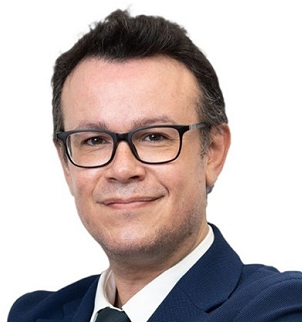Sexual Orientation and Gender Identity: Advances and Challenges from Education for a Democratic Citizenship

Special Issue Information
Dear Colleagues
Studies suggest that the hegemony of interpersonal heterosexism contributes to negative psychological outcomes, the effects of which seem to have a significant impact on students who experience marginalization due to their sexual orientation and gender identity. It seems clear that the homogeneous articulation of certain social narratives, based on binary dichotomous constructions around gender and sexual orientation, and its impact on deterministic developments of identity, drives the need to generate new social discourses based on diversity and plurality. In this sense, models of human development that integrate multiple identity processes are necessary (Hereth et al., 2020). Education for democratic citizenship, based on respect, tolerance of difference and diversity, should include teaching how to build social counter-narratives of hatred due to these characteristics (Ortega-Sánchez et al., 2021), or any other capable of limiting the identity plurality of a truly inclusive citizenship.
In this context, this Special Issue seeks to offer a diagnostic state of the relationships between discrimination, gender identity and sexual orientation in education, and to outline specific socio-educational lines of action to address them in the different educational stages.
Prof. Dr. Delfín Ortega-Sánchez
Guest Editor








